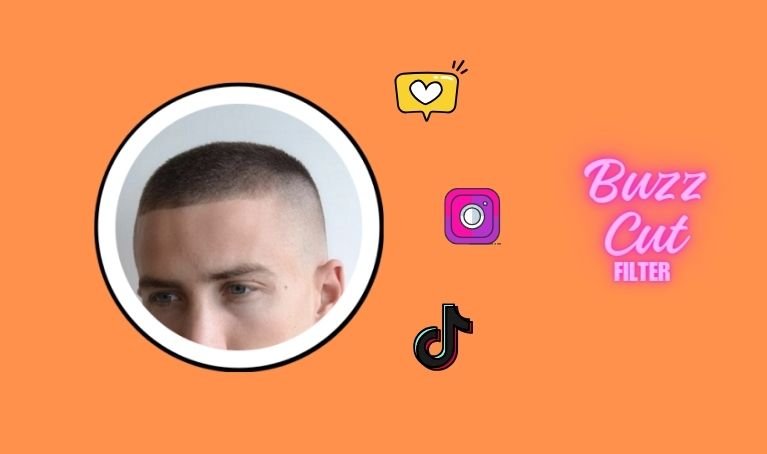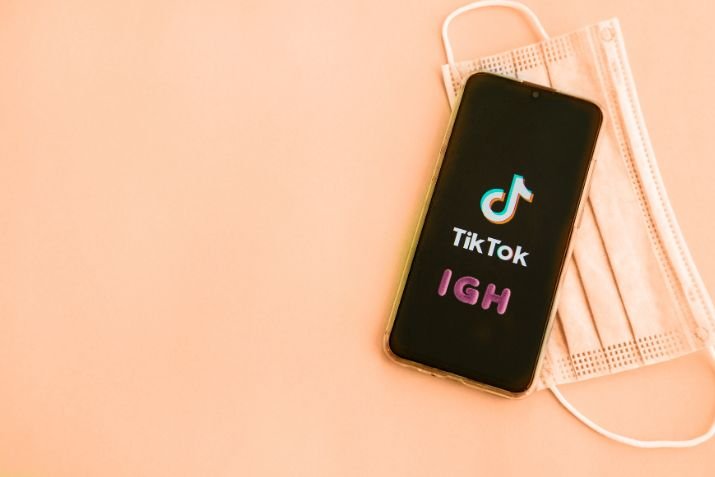Why TikTok Should Not Be Banned: A Comprehensive Analysis of Cultural, Economic, and Legal Implications

TikTok should not be banned because it provides significant cultural, economic, and educational benefits while offering a platform for free expression. For the full details, keep reading below!
The discussion around TikTok’s potential ban has been heating up, with countries like the U.S. raising concerns over its national security risks and its effects on children and young adults. But is banning the app the right solution? While these concerns are valid, TikTok has become more than just a social media platform—it’s a cultural phenomenon that offers countless opportunities for users and creators alike.
In this article, we will look at the reasons why TikTok should not be banned, considering its cultural, economic, and legal impacts.
Understanding the Core Concerns
National Security and Data Privacy
One of the main arguments for banning TikTok is its potential threat to national security. The app, owned by the Chinese company ByteDance, has been criticized for potentially allowing the Chinese government access to users’ data.
However, TikTok has taken measures to protect user data, including creating a data center in the U.S. and partnering with Oracle to store data locally. These steps help mitigate the risks associated with foreign data access.
Content Moderation and Algorithm Transparency
Another concern is the platform’s ability to effectively moderate content and the opacity of its recommendation algorithm. TikTok’s algorithm has been accused of promoting harmful or misleading content, especially in areas like politics or health.
TikTok has been working to increase algorithm transparency by partnering with third-party organizations and providing users with more control over their feed preferences. These actions show the platform’s commitment to improving its content regulation processes.
The Cultural and Social Impact of TikTok
Empowering Creators and Communities
TikTok has provided an avenue for millions of creators to share their voices, talents, and stories. From small businesses to influencers, the app allows users to connect with a vast audience, making it a powerful tool for self-expression and creativity.
TikTok has also become a platform for diverse communities, offering a space for niche groups to find like-minded individuals and build supportive networks.
Educational and Informational Value
Contrary to its critics, TikTok is also a valuable source of education. Many users, especially young people, have turned to the app for informative videos on topics ranging from history to science to mental health. Educational content on TikTok has gone viral, with creators using the app to spread knowledge in a fun, accessible way.
Economic Implications of a TikTok Ban
Impact on Content Creators and Influencers
For millions of creators, TikTok is not just a hobby—it’s a career. With the rise of influencer marketing, many users earn significant income through brand collaborations and sponsorships. A ban would cut off their primary income source and disrupt their careers.
Consequences for Businesses and Advertisers
TikTok has become an essential tool for businesses to reach younger audiences and advertise their products in creative ways. For brands, TikTok provides an unmatched opportunity to market their products through viral trends and user-generated content. A ban would have serious consequences for advertisers relying on this platform for marketing campaigns.
Legal and Constitutional Considerations
First Amendment Rights and Free Speech
Banning TikTok raises significant First Amendment issues. The app offers a platform for free speech, and its removal could set a dangerous precedent for regulating online platforms.
The right to free expression should be balanced with national security concerns, but banning a platform that facilitates speech can have a chilling effect on open dialogue.
Precedents in Media Regulation
History has shown that media bans often lead to unintended consequences. In past instances where media or platforms were banned, alternative methods of communication were found, and the restrictions were usually short-lived. TikTok should not be singled out without careful consideration of its broader impact on media regulation.
Addressing the Counterarguments
National Security Concerns
It is important to address national security concerns responsibly. Rather than banning TikTok, governments can work with the company to implement stricter data privacy regulations and ensure that the app complies with local laws without resorting to extreme measures.
Data Privacy Issues
Data privacy is a significant issue, but banning TikTok isn’t the only solution. Governments can create stricter regulations on how data is stored and used by social media companies, without unnecessarily disrupting a popular platform.
Conclusion
As an influential platform TikTok proves essential to culture together with the economy and communication framework. Although privacy and security matters are important they do not justify banning the application. Application regulation that covers data privacy management and content moderation would enable TikTok to thrive as it resolves these issues.
FAQs
Q1: What are the main reasons people want TikTok banned?
Many critics are concerned about data privacy issues and the potential for national security threats posed by TikTok’s ownership by a Chinese company.
Q2: How does TikTok contribute to the economy?
TikTok supports content creators, businesses, and advertisers, generating millions of dollars in revenue for influencers and businesses alike.
Q3: What steps has TikTok taken to address data privacy concerns?
TikTok has partnered with companies like Oracle to store data locally in the U.S. and has implemented stronger data protection policies to enhance user privacy.
Q4: Are there alternatives to banning TikTok for addressing national security concerns?
Governments can enforce stricter data privacy regulations and ensure that TikTok complies with local laws without resorting to a ban.
Q5: How can TikTok be regulated without infringing on free speech?
Rather than banning TikTok, countries can create laws that regulate content moderation and data privacy without infringing on the fundamental right to free speech.










